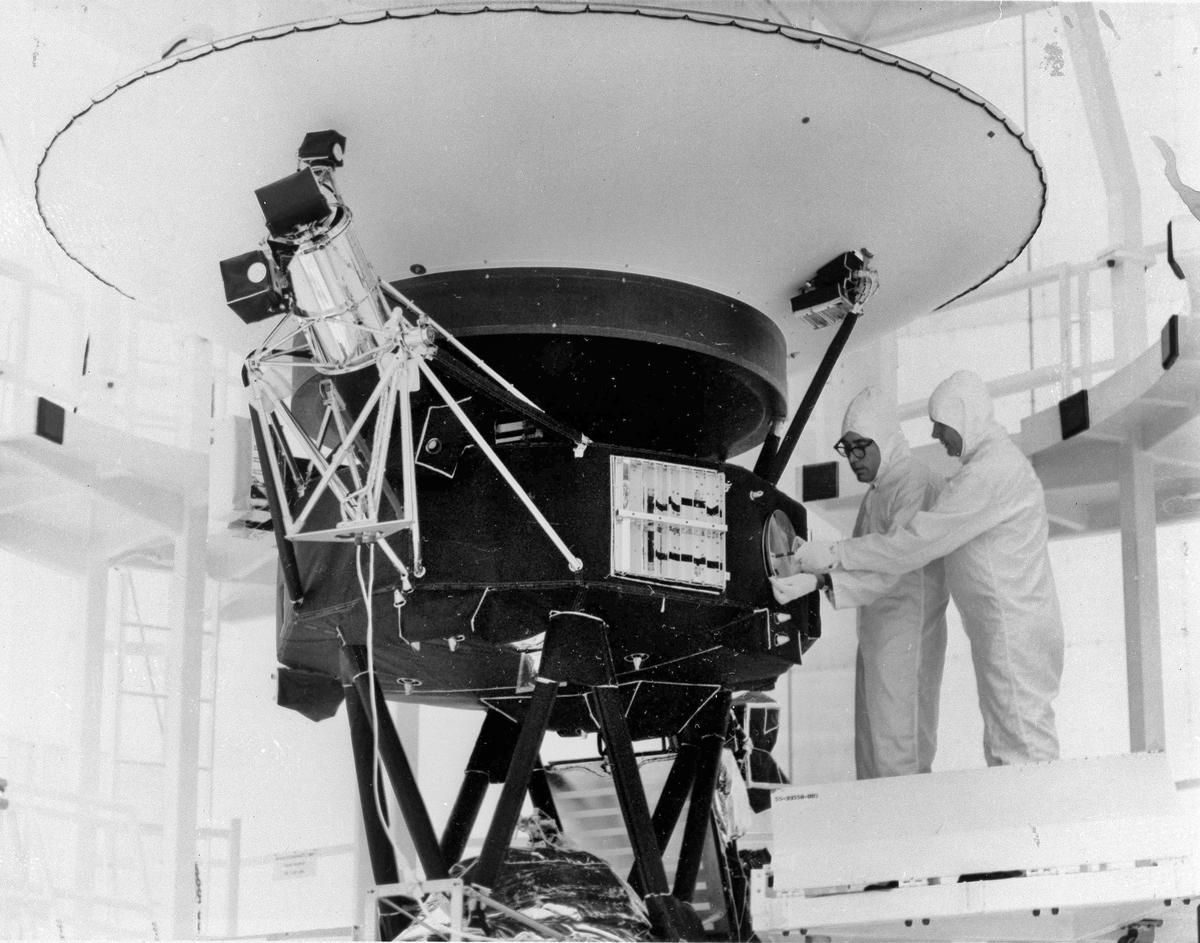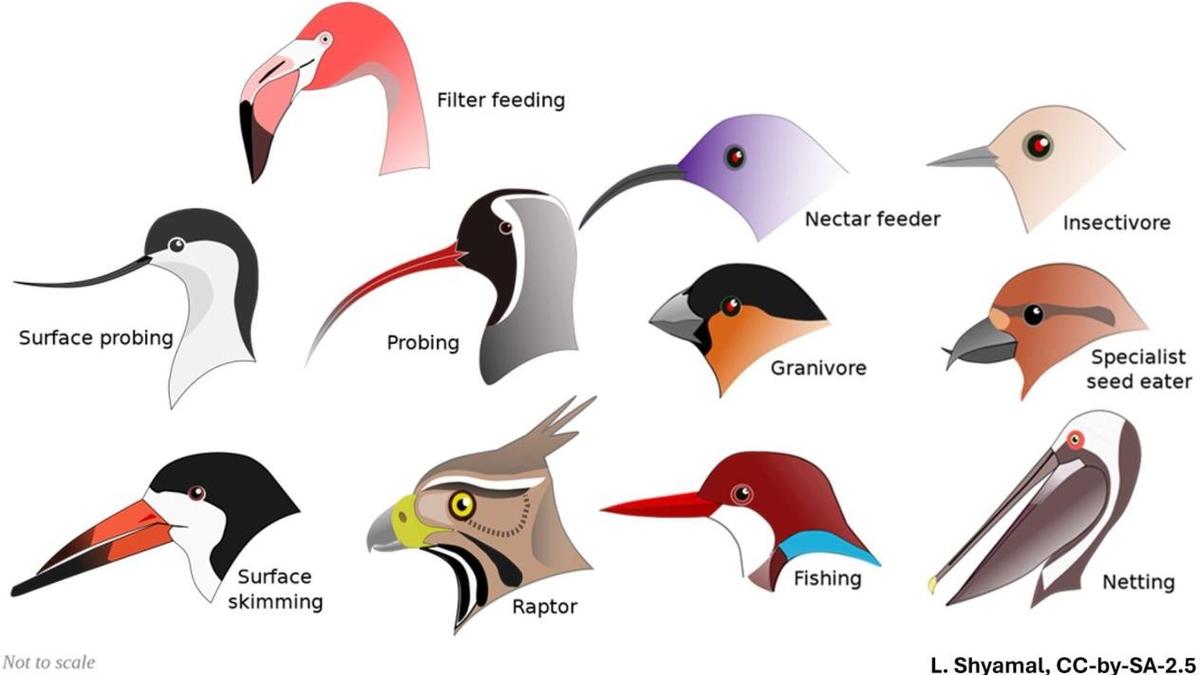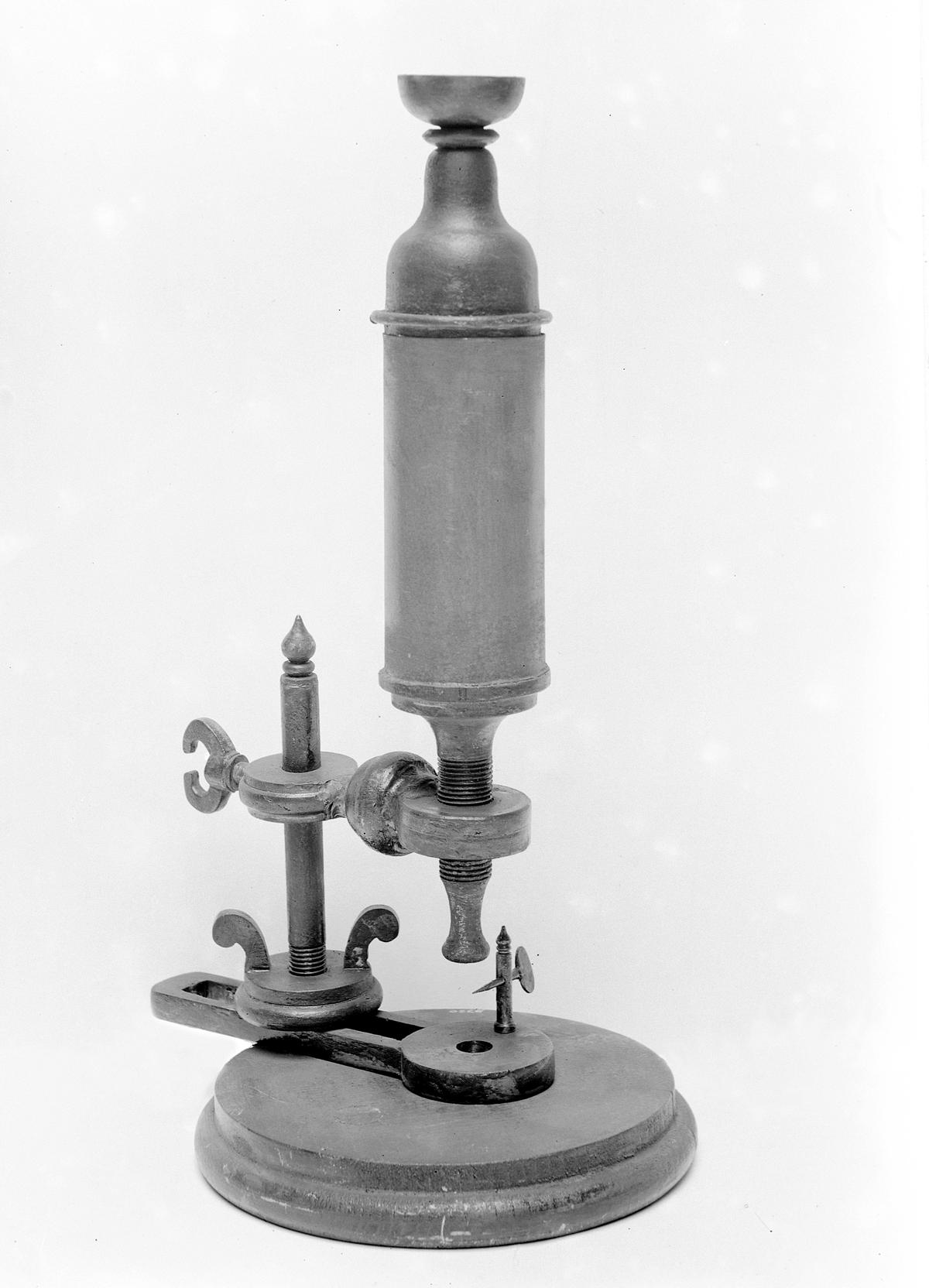Image for representational purposes only
| Photo Credit: Reuters
Longevity has always been the Holy Grail of medicine, and extending life beyond its conceivable end has driven kings, researchers and pharma companies alike through a roller-coaster ride that invariably stops at ground level, no wonder the search continues. Now, it is an Indian group from the Indraprastha Institute of Information Technology, Delhi that has used a platform based on Artificial Intelligence to discover molecules that promote healthy ageing.
Researchers at IIIT-Delhi have developed AgeXtend as a tool to efficiently cut down the time taken to identify viable molecules with geroprotectors, or age defying properties, through conventional research. The authors who have published the experiment in a recent issue of Nature Aging, have said that they screened over 1.1 billion compounds, over a period of two years, and the platform had uncovered several promising candidates validated through experiments on yeast, worms (C. elegans), and human cell models. A fraction of them, less than 1%, have been identified with anti-ageing properties.

Gautam Ahuja, one of the authors, from the department of Computational Biology, IIIT- Delhi, says, “AgeXtend uses AI to predict and identify compounds with anti-ageing properties, assess their safety, and understand their biological effects. It looks at the structure of new molecules and can predict accurately if they have gero-protective characteristics. But where this product diverges from others that might already have been employed by researchers is that it can explain why it considers certain compounds as anti-ageing, it reveals why it chose these components — the mechanisms. This will help to guide further research and indicate the particular direction in which validation needs to proceed.”
How exactly does it work? “The chemical space is like a universe, and I do not know the co-ordinates for my intended destination. What AgeXtend does is to serve as the GPS, pointing out to us where exactly we need to go,” Dr. Ahuja explained. Apparently, it had successfully identified the benefits of well-known molecules like metformin and taurine, even without prior knowledge of these compounds, he added.
IIIT-D PhD scholar Sakshi Arora who is also the lead author in the journal paper, described AgeXtend as “a discovery engine unlocking new possibilities for promoting health and longevity.”
Scanning 1.2 billion molecules makes this the largest study so far on the subject, Dr. Ahuja claimed. Candidates scanned included compounds from commercial drugs, Chinese drugs, ayurveda and molecules approved by the U.S. Food and Drug Administration.
The research team has made available its code and data on open source on the website, free for researchers and students, and at a charge for companies. They have also reached out to pharma companies to further investigate the viable compounds. Dr. Ahuja added.
A Python package for AgeXtend is provided via pip at pypi.org/project/AgeXtend
Published – December 10, 2024 10:29 pm IST












